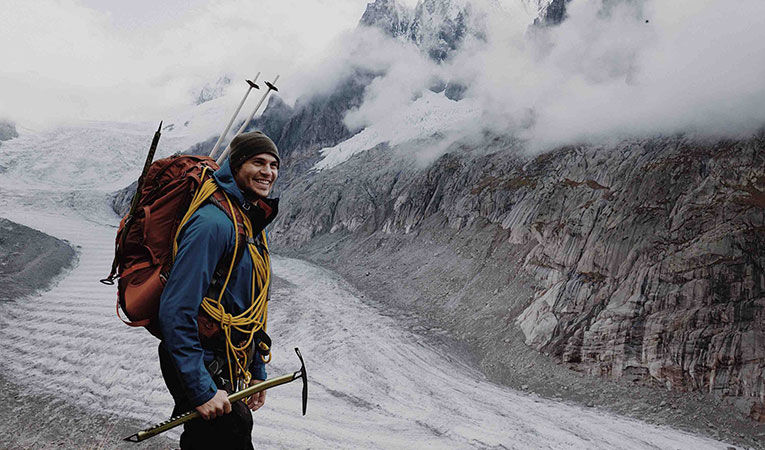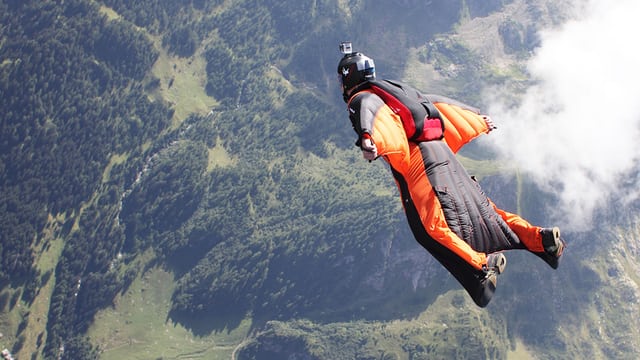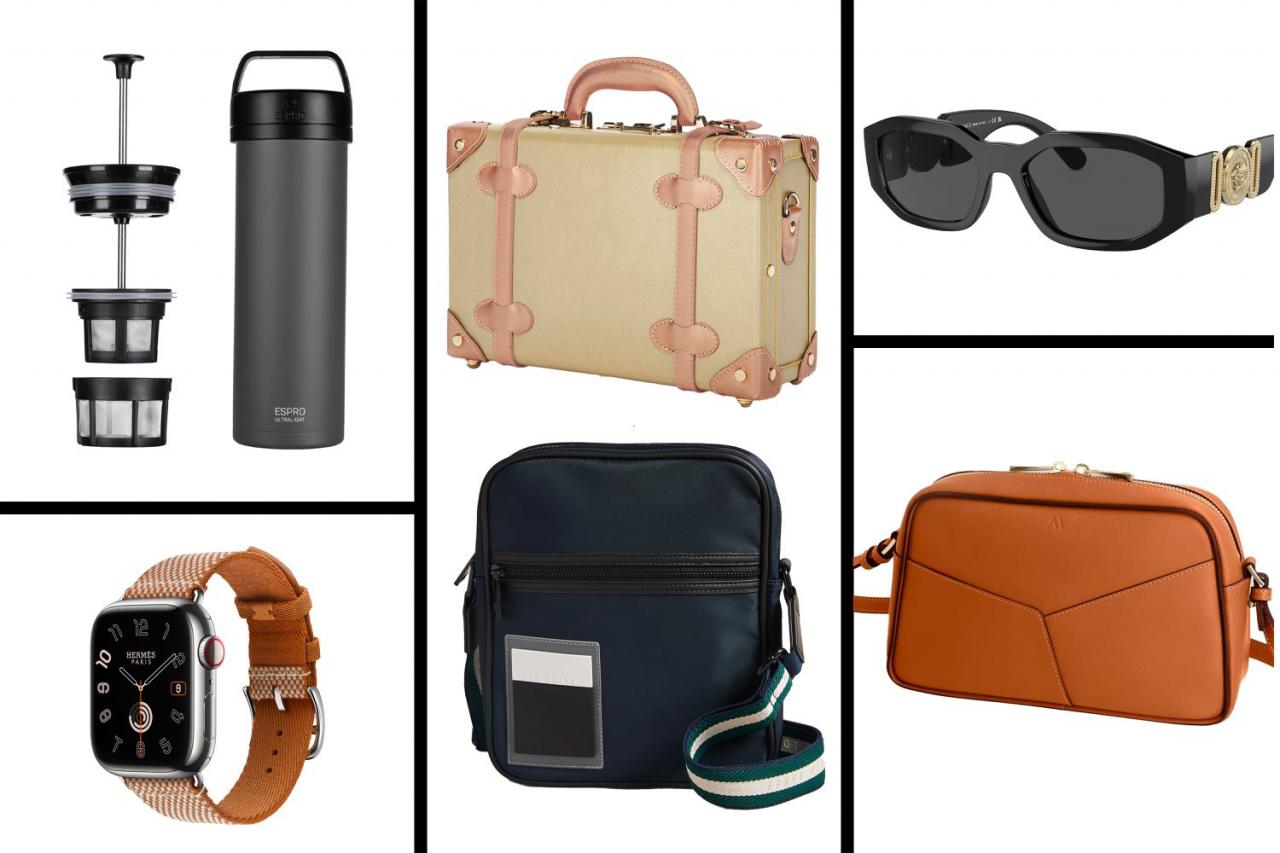Embarking on a backpacking trip can be an exhilarating adventure filled with stunning landscapes, incredible experiences, and unforgettable memories. However, proper preparation is crucial to ensure a successful and safe journey. In this article, we will explore the essential steps to take when preparing for a backpacking trip, from choosing the right gear to planning your route. Whether you’re a seasoned backpacker or a novice explorer, following these tips will help you make the most of your outdoor adventure.

When heading out for a backpacking trip, it’s important to choose a catchy and meaningful name that reflects your journey. Consider names that highlight the destination, the purpose of the trip, or a fun play on words. For example, “Wandering Wilderness Adventure” or “Peak Pursuit Expedition”.
Another suggestion is to keep the heading short and memorable, making it easy to remember and share with others. Avoid using generic titles that don’t stand out or provide any insight into the adventure that awaits. Think outside the box and come up with something that sparks curiosity and excitement.
- Reflect the destination or purpose of the trip
- Short and memorable
- Avoid generic titles
– Essential Gear and Supplies for Your Backpacking Adventure
Embarking on a backpacking adventure is an exhilarating experience that requires careful planning and preparation. Having the right gear and supplies can make or break your trip, so it’s important to pack wisely. Here are some essential items to consider bringing along for your backpacking journey:
- Tent: A lightweight, durable tent is crucial for providing shelter and protection from the elements.
- Sleeping bag: Choose a sleeping bag that is appropriate for the climate you will be traveling in. Make sure it is lightweight and compact for easy packing.
- Backpack: Invest in a comfortable, well-fitting backpack that can hold all of your gear and supplies. Look for one with padded straps and a hip belt for added support.
- Water filtration system: Staying hydrated is essential, so bring along a water filtration system to ensure you have access to clean drinking water on the trail.
Additionally, don’t forget to pack essentials such as a first aid kit, navigation tools, high-energy snacks, proper clothing layers, a multi-tool, and a headlamp. Remember to pack light and only bring the necessities to avoid unnecessary weight on your back. By being well-prepared with the right gear and supplies, you can make the most of your backpacking adventure and enjoy the great outdoors to the fullest.
- Physical and Mental Preparation: Training and Mindset for Long Hauls
When preparing for a backpacking trip, it’s crucial to focus on both your physical and mental well-being. Training your body to handle long hauls and adopting the right mindset are key components to a successful adventure.
Physical preparation involves building endurance, strength, and flexibility. Incorporate activities such as hiking, running, and weight training into your routine to improve your fitness level. Additionally, practice carrying a weighted backpack to simulate the conditions you’ll face on the trail.
For mental preparation, cultivate a positive and resilient mindset. Visualize yourself overcoming challenges and staying motivated during tough moments. Develop coping strategies for stress and fatigue, such as mindfulness techniques and positive self-talk.
Remember, a combination of physical training and mental resilience will set you up for an enjoyable and rewarding backpacking experience. Stay consistent with your preparation and focus on building both your body and mind for the journey ahead.
– Navigation and Safety: Planning Your Route and Emergency Preparedness
Planning your route and being prepared for emergencies are crucial aspects of any backpacking trip. Before embarking on your adventure, make sure to thoroughly research the area you will be exploring and create a detailed itinerary. Consider factors such as terrain, weather conditions, water sources, and potential hazards. Utilize maps, GPS devices, and compasses to plan your route and stay on track during your journey.
When preparing for emergencies, always pack a well-stocked first aid kit. Include items such as bandages, antiseptic wipes, pain relievers, and any necessary medications. It’s also important to bring along emergency supplies such as a whistle, flares, and emergency blankets. Familiarize yourself with basic first aid procedures and have a plan in place for contacting emergency services if needed.
In addition to preparing for emergencies, it’s essential to practice Leave No Trace principles to minimize your impact on the environment. This includes packing out all trash, staying on designated trails, and respecting wildlife. By taking these precautions and being prepared for any situation, you can enjoy a safe and memorable backpacking trip.
– Meal Planning and Cooking Tips for a Successful Backpacking Trip
When planning for a backpacking trip, one of the most crucial aspects to consider is your meal planning and cooking strategies. Proper preparation in this area can make all the difference in a successful and enjoyable outdoor adventure. Here are some tips to help you be well-equipped for your next backpacking excursion.
First and foremost, it’s essential to pack lightweight, non-perishable foods that are easy to cook on the trail. Items like dehydrated meals, instant oatmeal, trail mix, and energy bars are great options that provide the necessary nutrients without weighing you down. Make sure to bring a portable camp stove or backpacking stove that is easy to use and reliable for cooking your meals.
Another important tip is to plan your meals in advance and create a menu for each day of your trip. This will help you ensure that you have enough food to sustain you throughout your journey and prevent unnecessary weight in your backpack. Consider factors like calorie intake, dietary restrictions, and personal preferences when deciding on your meal plan.
Lastly, don’t forget to pack essential cooking utensils such as a lightweight pot, pan, utensils, and a multi-tool for food preparation. These items will make it easier to cook your meals efficiently and enjoy a hot and delicious dinner after a long day of hiking. With proper meal planning and cooking tips in mind, you’ll be well-prepared for a successful backpacking trip filled with memorable outdoor experiences.
As you embark on your backpacking journey, remember to pack light, stay flexible, and embrace the adventure that awaits. Whether you find yourself trekking through lush forests, climbing rugged mountains, or lounging on sandy beaches, take in the sights and sounds of the world around you. By following these tips and preparing yourself mentally and physically, you will be well-equipped to navigate the challenges and marvels of the great outdoors. So lace up your boots, tighten your straps, and set off on your next backpacking adventure with confidence and curiosity. Happy trails!




















